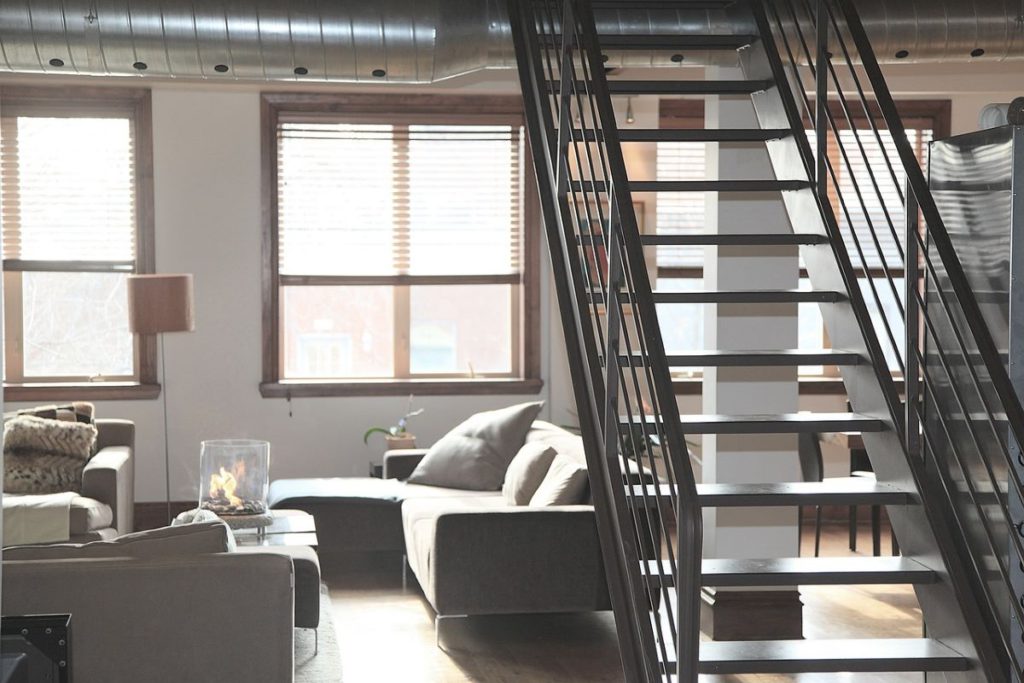Whether you love or hate change, chances are you’ve had to deal with some renovation projects at least once during your life. Sometimes, even changing out a light bulb requires a little elbow grease and creativity.
Renovation is often associated with major changes to a property (e.g., a new kitchen), but the term also encompasses minor improvements like fixing cracks in walls, floorboards or doors, even getting that best decking oil for Merbau sorted. The value of a renovation project depends largely on the amount of effort required, but it’s always worth considering if you want to get maximum value from your investment.
Some questions worth asking before you start are:
● Why do I need to renovate now?
● What are the key features that I want to include in my new space?
● How long will it take?
● Who else is involved in the project?
● Where should I store the old items during the renovation?
As soon as you start planning, it seems like everything changes. The design elements that seem important at the beginning become less important later. There is also no denying the fact that once you begin working on the renovation project, you often tend to fall into a pattern of doing things similar to those you did before.
The key is to plan ahead and stick to a timeline. Otherwise, you’ll wind up spending too much time and energy only to realise that you accomplished nothing meaningful in the end.
Home renovation can also seem overwhelming at times.
So – is there a “best” time to upgrade your house?

Sorting an older place means lots of things – maybe changing everything from furniture and appliances to paint colours. The good thing is these items rarely cost much. The bad part is they take up valuable space in your living room or kitchen while you move things around – and can also eat up precious funds.
This is why it’s important to get rid of as much clutter as you can before you start. As you probably won’t be using those possessions anymore, it might be wise to sell them off instead of keeping them.
Should you want to keep stuff while you renovate, you can either rent a storage unit or hire movers to pack up your belongings. Of course, the storage option is more expensive – especially if it involves slab cranes or low loaders because you have heavy things to shift.
If you choose the selling-off route, you’re going to spend less money overall. In addition, you won’t have to worry about storing or unpacking boxes, which saves you time and energy.
The average age of homeowners has increased since 1970. In 2021, the median age was 43 years old, compared to 37 years old in 1970. This means that many millennials are moving into their first homes, and they want them to look great.
You might want to remodel your home before you move in and become a homeowner. One reason is that you don’t necessarily want the mess and hassle renovations can create when you’re living in the house.
Trying to work around wet decking after oiling deck wood, and tripping over aluminium cladding while you’re trying to decorate, isn’t much fun.
Of all the rooms in your house, you might want to consider the benefits of upgrading your kitchen ahead of time. It’s probably the most used room in everyone’s house – often the meeting place, discussion forum, and relaxation station over a much-needed tea or coffee – so making it your first priority makes sense.
There’s much debate about the best time of year to work on a house. Some people think winter is a good time to sort the interior, while others think that spring is best.
Certainly, from the point of view of paint drying, cement and grouting hardening, and the ground being drier for external work, or sorting that timber ceiling – spring makes a lot of sense.
Summer, although it has the warmth advantages of spring, can be too hot to work comfortably, especially outside.
Homeowners often overlook simple projects during the warmer months because they want to wait until autumn or winter to tackle them. However, those who invest time in the longer evenings and warmer weather reap big rewards later.
Some home improvement experts suggest choosing a project that you can complete over several weekends, such as installing a new window air conditioner or replacing old windows.
Springtime is definitely a good time to install energy-efficient lighting fixtures, replace outdated appliances, and repair leaky pipes.
For extensive projects, like laying entire floors through the house, where you need to use alternative entrances and keep areas free of clutter while you are working, spring and summer (and maybe autumn) are great choices.
Also, if you have no garage or external storage, keeping materials like wood, cement, and tools dry is much easier during the warmer weather.
Renovation projects invariably take much longer than expected. Try to stay organised and keep track of every part of your project by using a calendar or task manager if you can.
This will help you anticipate problems and hiccups in deliveries, budgeting and getting tradies booked if you need them.
It is most often these things which suck time and money from your plans. If you don’t plan ahead – or overestimate – how long certain tasks will take, it might surprise you at how quickly time passes by.
One approach which seems to work well is to watch online videos on the type of project you want to work on. This will often give you an idea of the kind of issues you will face, the tools you will need, and that all-important timeframe.
Often they will show things you hadn’t thought of – tips and tricks of the trade which will save you time and money – and these will more than make up for the time spent watching them.
So – there probably isn’t a “best” time to do a renovation – but starting on one is way better than living with something you don’t like forever more.

